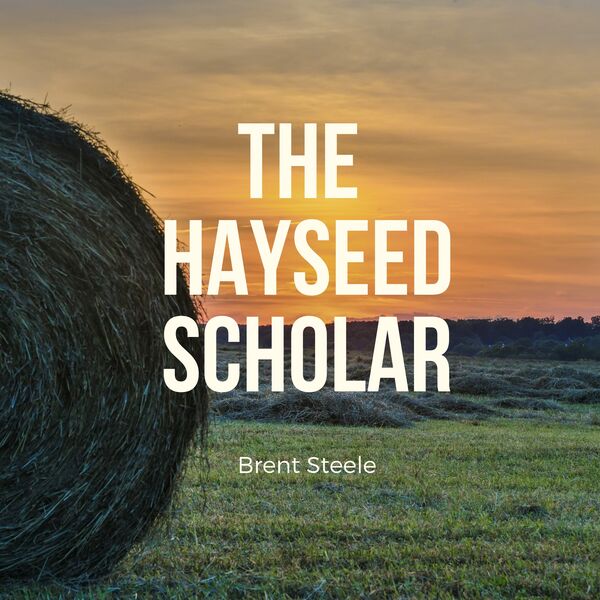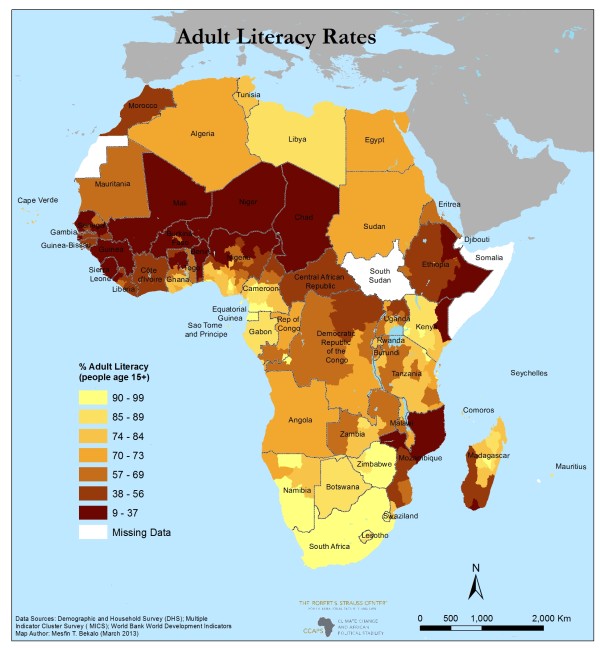At the 1939 World Fair in New York City, the big attraction was "Futurama," an exhibition put on by the U.S. car manufacturer General Motors. Every visitor to Futurama received a souvenir — a small blue-white badge that read “I have seen the future.” That is, the...






